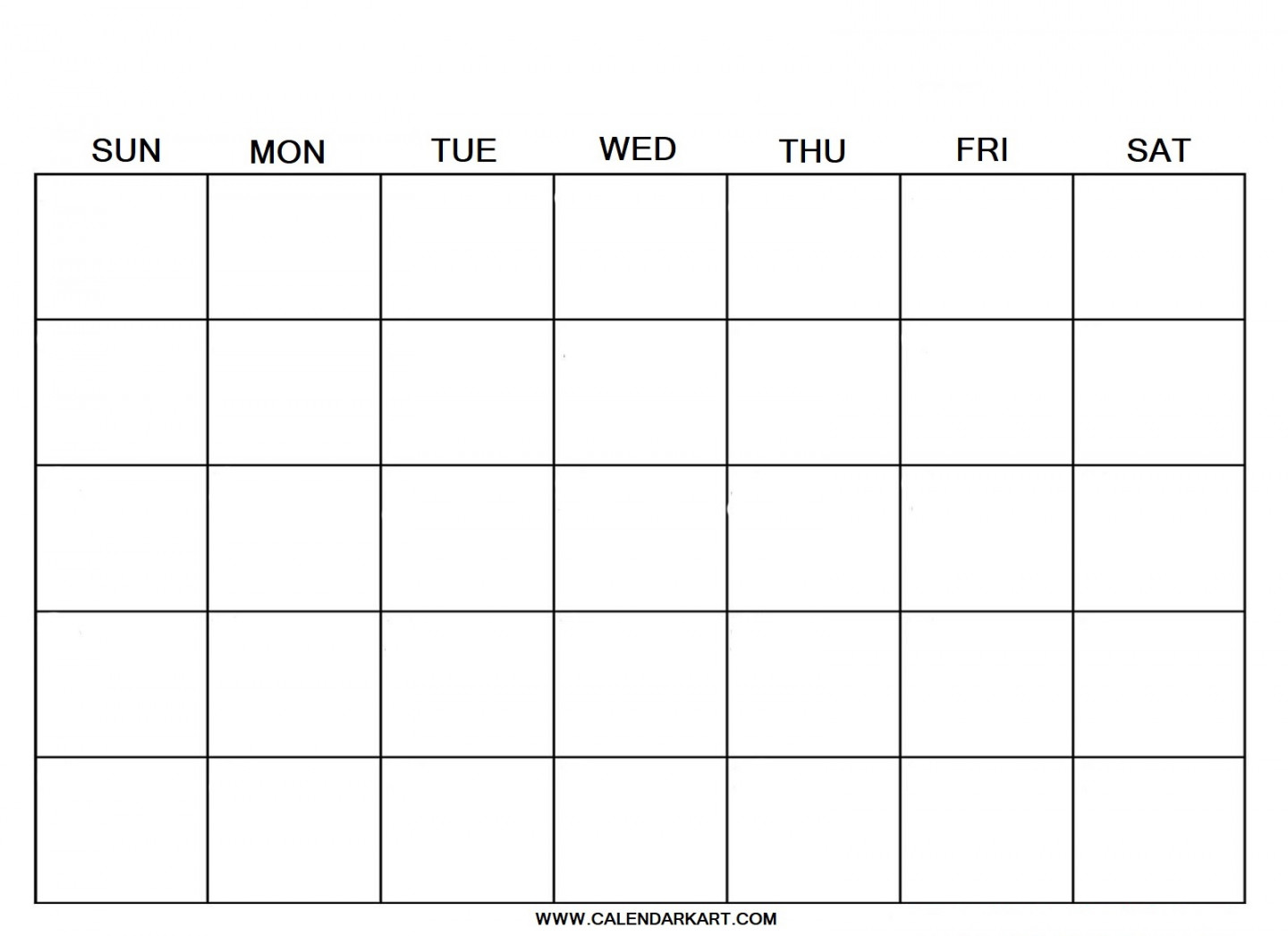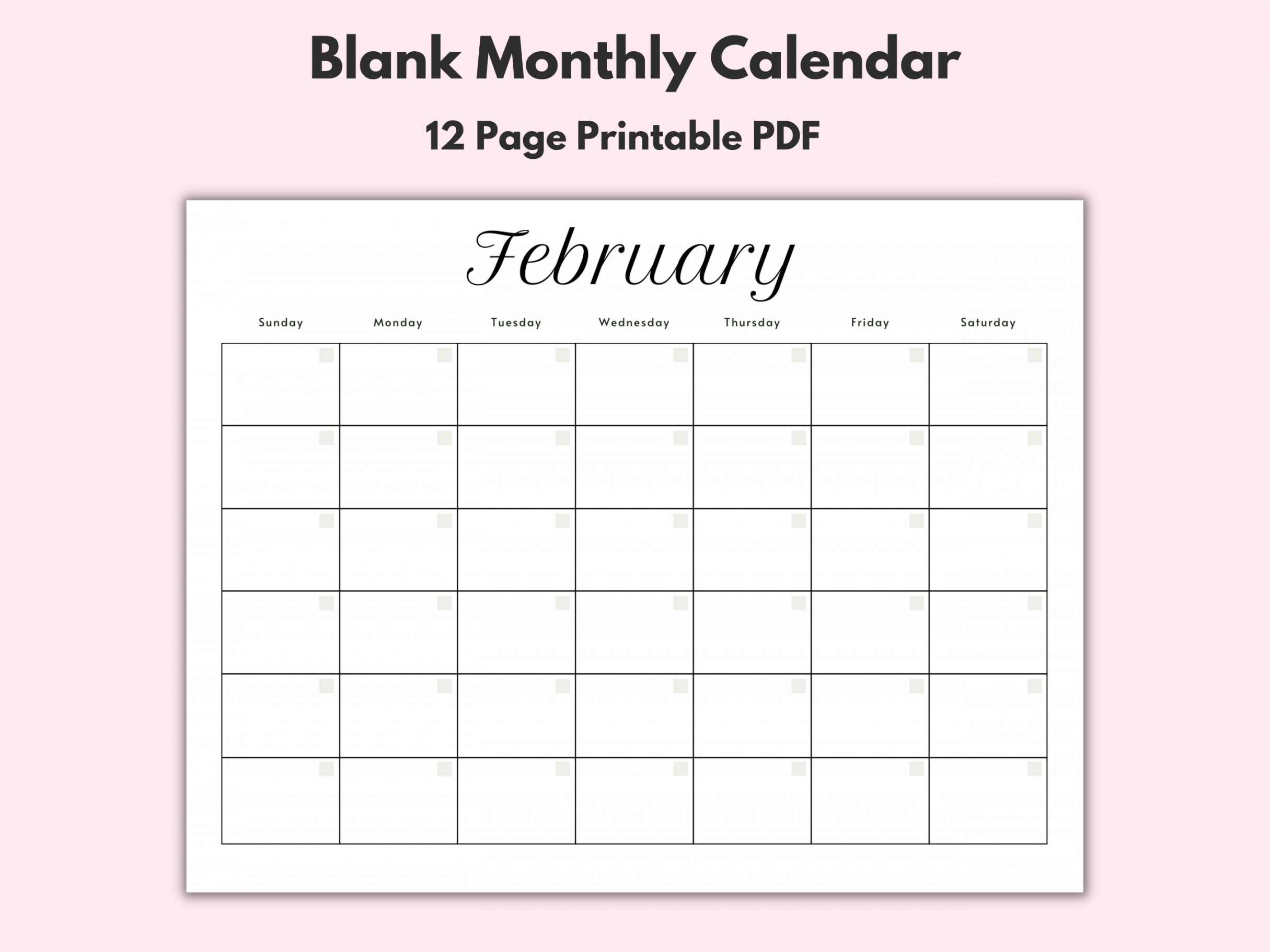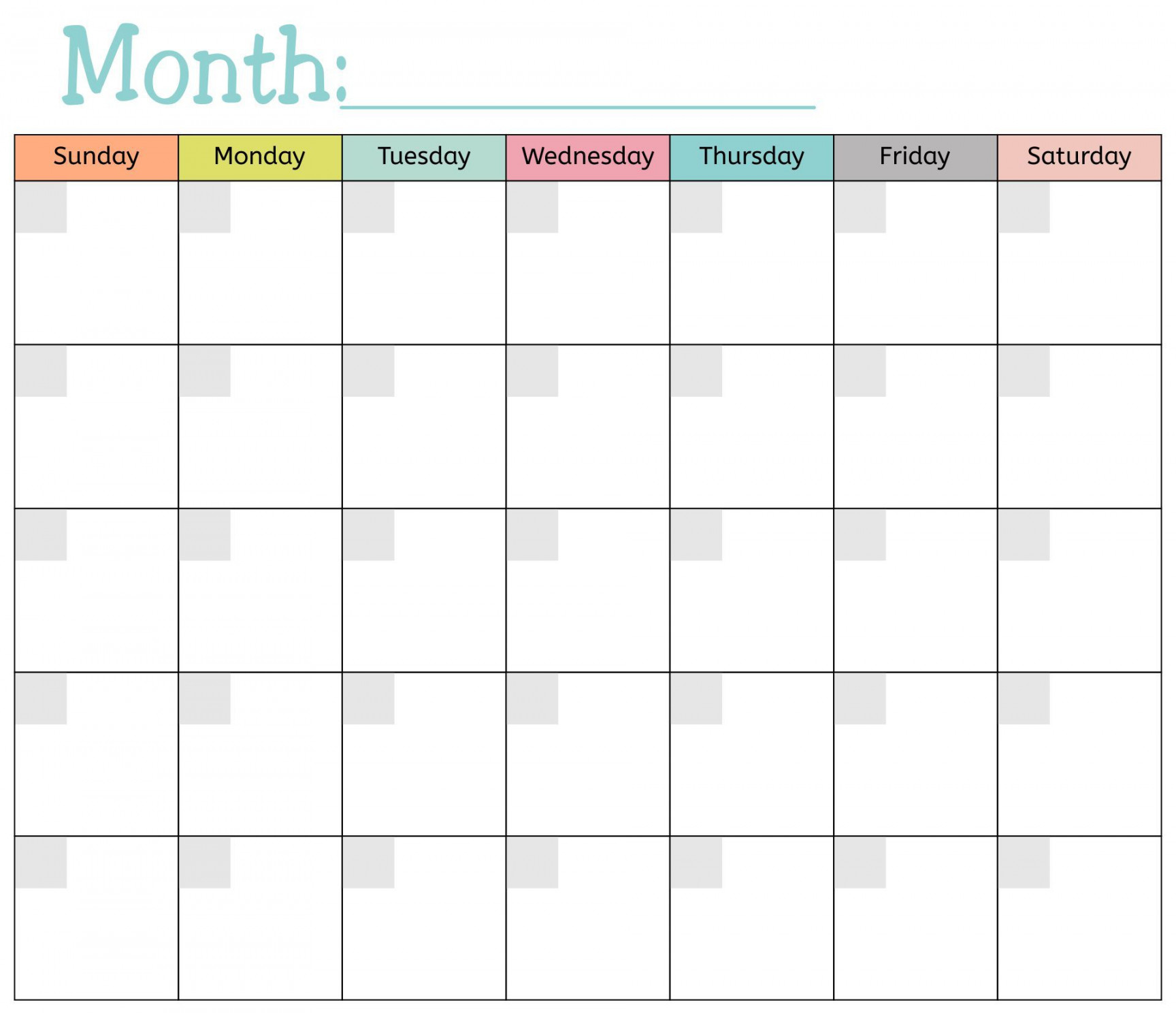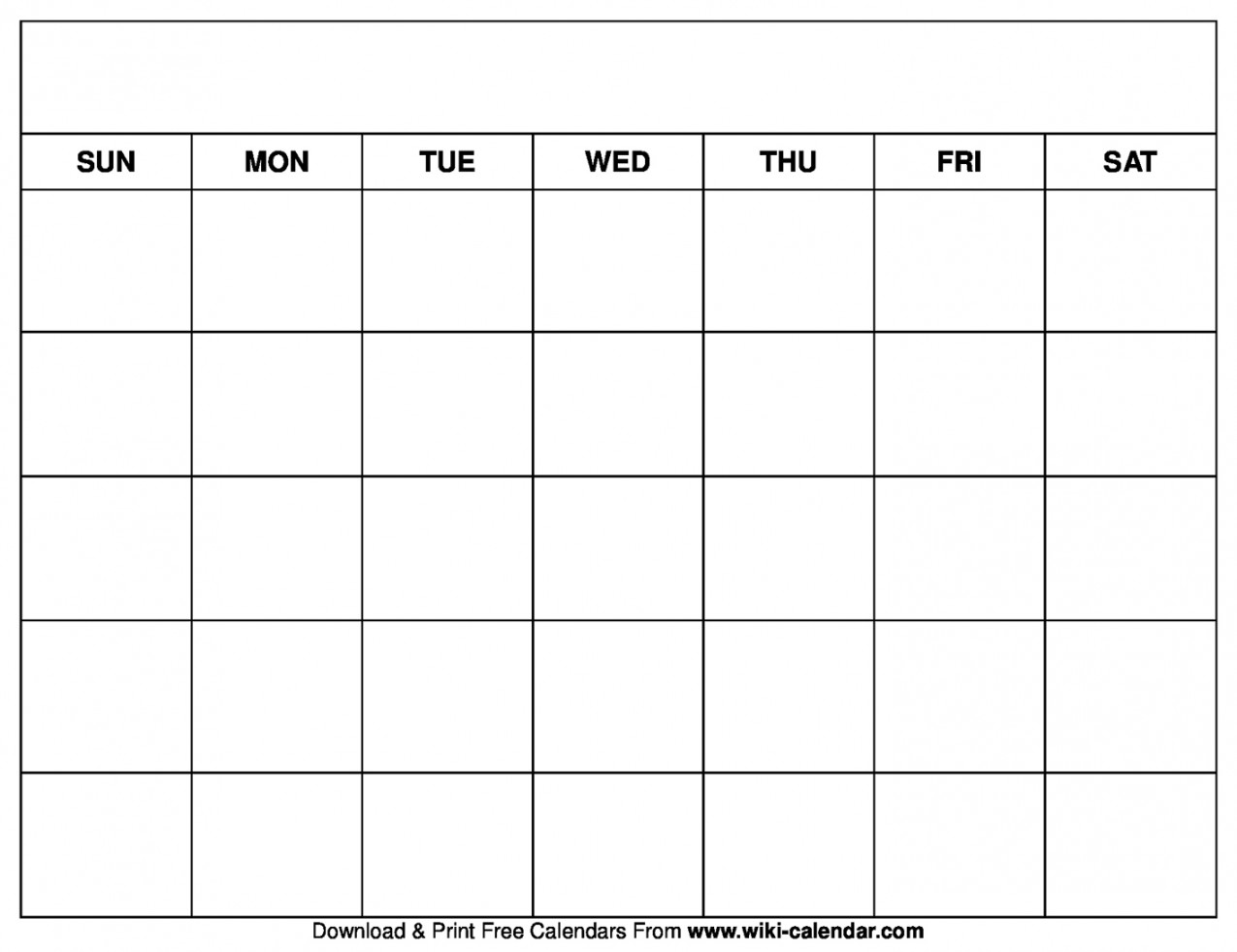Calendar Blank Month Template
How To Write A Business Plan
There are a few best practices to keep in mind when you are creating your business plan.

Do your best. You may not have all the answers your first time through your business plan, and that’s ok. Just do your best and include the information you have. The activity of writing your business plan will help you identify where the holes are. As you pursue your business, you will gain more knowledge, information, and insight that you can continue to add to your business plan over time and fill in the holes.
Use a template. You don’t have to reinvent the wheel when writing your business plan. Choose an easy-to-follow, standard business plan template, such as the MOBI Free Business Plan Template provided in this course and on our website. Using a template can help ensure that you include all the important topics. A template will also keep you organized as you research and document information about your business. Using a template can help you see what information you have and what information you need.

Tell a story. Even though your business plan will describe very different aspects of your business, all of the information you include should be cohesive and tie together. Think of your business plan as the story of your business. This story should be present in every aspect of your business plan, and it should be clear to your audience how each part fits into the whole to create and support the story.
Be thorough, detailed, and specific. Be as detailed, specific, thorough, and accurate as possible. Use clear, concise language and be realistic in the information you provide. Allow yourself plenty of time, and dedicate yourself to producing your best effort. When conducting research, try to look at several different sources of information. When studying your industry, look at more than one business. Be realistic about your financial situation and the needs of your business, as well as the opportunities.

Make it visually appealing. If you are sharing your business plan with others, be mindful of the presentation. While the information included in your business plan is most important, if the presentation is messy or filled with errors your audience may not read it. Does your business plan look nice? Is it organized? Is there a title page, table of contents, or section headlines, and page numbers? In case you leave it behind with someone to review, does it have your name and contact information? Have you proofread to make sure there are no errors, typos, or messy formatting mistakes? Have you included graphic elements like your logo, graphs, perhaps photos or drawings, things that provide interest and well as information. Your business plan can be a valuable selling tool, so be sure it’s visually appealing.
Keep it current. As mentioned earlier, industry and economic trends change all the time and can impact your business and business plan. Take your business plan out once a month, or in a frequency that works for you, and read it. If anything has changed, update it. This way you can be sure you are ready when an opportunity arises, for example to talk with a potential investor, customer, partner, or employee.

Set realistic goals. It would be nearly impossible to sit down and write your business plan in one afternoon or one day. Set a realistic goal for yourself to complete different parts as it works for your schedule. Perhaps you break it down by week or month? For example, next month you could devote to researching all the financial information required for your business, and then you write that part of your business plan. Then perhaps you focus on marketing after that. It’s also helpful to just get your ideas on paper. You’ve got to start somewhere, and it’s often easier to start with words already on a page than with a blank page.
Get feedback. Share your business plan draft with trusted advisors or experts in your intended industry to get their advice and use their input to revise and improve your plan.
Start at the beginning, again. Once you have completed your first draft of your business plan, go back and reread your Executive Summary. After having done all the research and deep thinking to populate all of the other sections, did you learn anything new that changes your overall summary? If so, make those changes while the ideas are fresh in your mind.